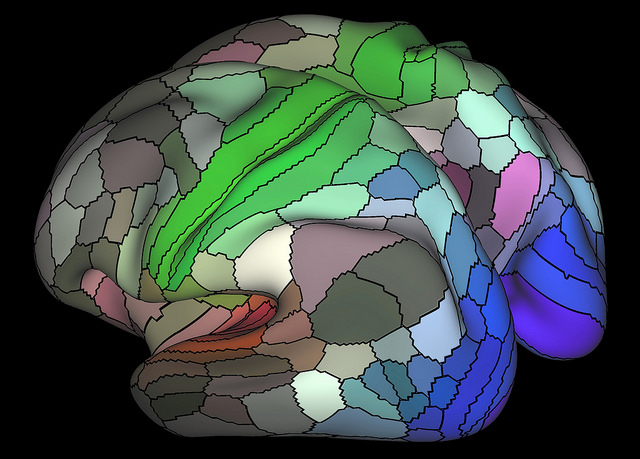![Researchers find new, direct evidence that abnormal protein in Parkinson's disease triggers immune response. [NIH]](https://genengnews.com/wp-content/uploads/2018/08/28170113120_d7d6c5506d_z1861341356-1.jpg)
Researchers find new, direct evidence that abnormal protein in Parkinson’s disease triggers immune response. [NIH]
Much of the etiology of Parkinson’s disease (PD) was thought to be well established, with the noted exception of the hypothesis that has been kicked around for almost a century that PD is partly an autoimmune disorder. Unfortunately, previous studies were unable to directly link the immune system to the neurodegenerative disease.
However, a group of scientists led by investigators at Columbia University Medical Center (CUMC) and the La Jolla Institute for Allergy and Immunology has found direct evidence that autoimmunity—in which the immune system attacks the body's own tissues—plays a role in the neurodegenerative movement disorder.
“The idea that a malfunctioning immune system contributes to Parkinson's dates back almost 100 years,” explained co-senior study investigator David Sulzer, Ph.D., professor of neurobiology at CUMC. “But until now, no one has been able to connect the dots. Our findings show that two fragments of alpha-synuclein, a protein that accumulates in the brain cells of people with Parkinson's, can activate the T cells involved in autoimmune attacks.”
Findings from the study were published recently in Nature through an article entitled, “T cells of Parkinson's disease patients recognize alpha-synuclein peptides.”
“It remains to be seen whether the immune response to alpha-synuclein is an initial cause of Parkinson's, or if it contributes to neuronal death and worsening symptoms after the onset of the disease,” noted co-senior study investigator Alessandro Sette, Dr. Biol. Sci., professor in the Center for Infectious Disease at the La Jolla Institute for Allergy and Immunology. “These findings, however, could provide a much-needed diagnostic test for PD, and could help us to identify individuals at risk or in the early stages of the disease.”
Scientists had previously thought that neurons were protected from autoimmune attacks. However, in a 2014 study, Dr. Sulzer's lab demonstrated that dopamine neurons (those affected by PD) are vulnerable because they have proteins on the cell surface that help the immune system recognize foreign substances. As a result, the researchers surmised that T cells had the potential to mistake neurons damaged by PD for foreign invaders.
The CUMC and La Jolla teams found that T cells can be tricked into thinking dopamine neurons are foreign by the buildup of damaged alpha-synuclein proteins, a key feature of PD. “In most cases of Parkinson's, dopamine neurons become filled with structures called Lewy bodies, which are primarily composed of a misfolded form of alpha-synuclein,” remarked Dr. Sulzer.
In the current study, the researchers exposed blood samples from 67 Parkinson's disease patients and 36 age-matched healthy controls to fragments of alpha-synuclein and other proteins found in neurons. They analyzed the samples to determine which, if any, of the protein fragments triggered an immune response.
Little immune-cell activity was seen in blood samples from the controls; while in contrast, T cells from PD patients' blood samples, which had been apparently primed to recognize alpha-synuclein from past exposure, showed a strong response to the protein fragments. In particular, the immune response was associated with a common form of a gene found in the immune system, which may explain why many people with Parkinson's disease carry this gene variant.
“We showed that a defined set of peptides that are derived from alpha-synuclein, a protein aggregated in PD, act as antigenic epitopes displayed by these alleles and drive helper and cytotoxic T-cell responses in patients with PD,” the authors wrote. “These responses may explain the association of PD with specific major histocompatibility complex alleles.”
Dr. Sulzer added that “young, healthy cells break down and recycle old or damaged proteins, but that recycling process declines with age and with certain diseases, including Parkinson's. If abnormal alpha-synuclein begins to accumulate, and the immune system hasn't seen it before, the protein could be mistaken as a pathogen that needs to be attacked.”
The research teams are currently focused on analyzing these responses in additional patients and are working to identify the molecular steps that lead to the autoimmune response in animal and cellular models.
“Our findings raise the possibility that an immunotherapy approach could be used to increase the immune system's tolerance for alpha-synuclein, which could help to ameliorate or prevent worsening symptoms in Parkinson's disease patients,” Dr. Sette concluded.







